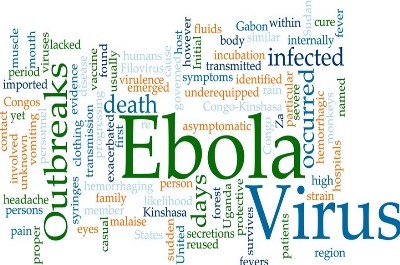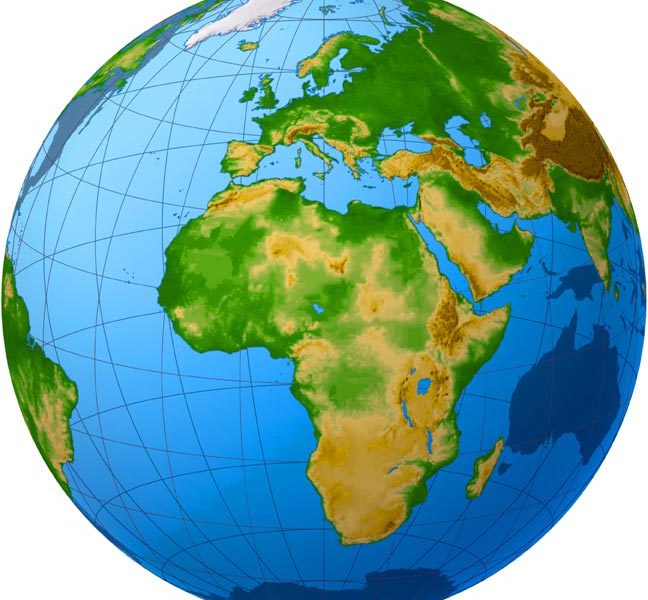Ebola virus exposes a more fundamental health challenge in Sierra Leone
DESPITE our plethora of socio-economic woes, Sierra Leone is a rich resource nation blessed with natural endowments that if well tapped could enable us overcome the mountain of challenges we face. (Photo: Zainab Tunkara Clarkson, author)
It does us no good constantly recounting our problems without proffering solutions as that only demoralises and depresses us more. However, it is highly beneficial to take a look at our problems on a case by case basis and come up with suggestions about how to overcome them for the common good.
At the moment, the current crisis we face is that of the Ebola virus, which started off as a small malady but has now spread like wildfire and threatens us all with devastating consequences. Not only is it spreading with epidemic-like speed but it is now so endemic that health workers trying to stem the tide are now themselves at risk.
Over recent weeks, there has been an increase in the death rate of medical practitioners from treating patients infected by Ebola. Being in the frontline of the battle against the virus, they are not only exposed to its venom but also face glaring hostility from those who see the disease as a conspiracy by health workers trying to kill them.
Many uneducated victims see the Ebola virus as akin to magic and believe that health workers can infect them with it. As a result of this, numerous professionals working diligently to eliminate the virus across Sierra Leone have not only received threats but have been physically attacked too.
Over the years, Sierra Leonean social human capital has been seriously depleted, especially within the health sector, as thousands of professionals rather go abroad where terms and conditions are better than what prevail back home. This exodus of our health professionals is partly to blame for our vulnerability to viruses like Ebola as the necessary manpower to ensure there are enough preventative measures in place is lacking.
Not restricted to Sierra Leone, in recent years, this brain drain has affected poorer countries significantly, as rich nations tempt workers away. This massive migration of our health professionals is ultimately leading to the deaths of millions across the developing world and has compounded poverty.
At the moment, the two neighbouring countries of Sierra Leone, Guinea and Liberia are in the grip of the Ebola virus. This epidemic is raging fiercely with newly infected people dying from Ebola each every day.
Due to a combination of poor education, resulting in attacks on health workers, and the brain drain, which has limited the number of professionals on the ground, dealing with the epidemic is proving to be harder than it should be. Those that are here are working tirelessly but excessive workloads, poor pay and now the threat of being infected by the Ebola virus is making their jobs more cumbersome than ever.
As a nation, we have to find means of addressing this problem to secure the future of our children and generations of Sierra Leoneans yet unborn. Having a healthcare policy that prepares for eventualities, focuses on prevention, ensures we have sufficient manpower to deal with any crisis and remunerates our professionals so they are not easily lured abroad, is a must.
We should not consider providing internationally competitive remunerative packages to our health workers as a luxury but as a basic necessity.
Likewise education programmes to not only prevent outbreaks of diseases such as Ebola but to also inform our populace of how it operates and dispel the notion that it is mythical, need to become standard practice.
Fingers crossed, we will get over this problem soon and life will return to normal but as a people, we have to learn the bitter lessons from the Ebola outbreak. Never again should we be caught off-guard and we need to imbibe the World Health Organisation maxim that prevention is better than cure.
By Zainab Tunkara Clarkson
Stay with Sierra Express Media, for your trusted place in news!
© 2014, https:. All rights reserved.






